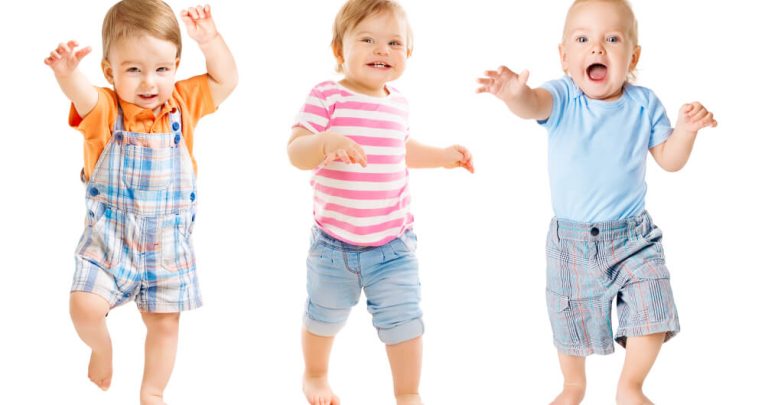Why Movement Matters to Children in the Early Years

Faced with an escalating obesity crisis, it’s more important than ever that we support physical development, says Melanie Pilcher…

It seems the health and wellbeing of young children is rarely out of the news – and with good reason: statistics show that almost one in four children in the Reception year are overweight or obese while nine in 10 two- to four-year-olds do not meet the Chief Medical Officer’s recommended levels of physical activity.
While physical development is enshrined in the EYFS, policy-makers clearly don’t grasp its importance for children’s overall learning and development.
In fact, in the next academic year, our youngest children will be subjected to yet another baseline assessment trial that will not only put undue pressure on their first few weeks of school but also focus almost exclusively on literacy and mathematics, rather than the broad range of skills early education seeks to develop.
This matters hugely. Learning has never only been about numeracy and literacy, and the early years shouldn’t only be about getting children ready for formal education. It should be about equipping them with the broad range of skills and love of learning they need to flourish throughout their educational journeys.
Physical development, and in particular movement, is important in this context: children need to have enough opportunities to move freely using the full range of gross and fine motor skills that they must develop and refine throughout their early years.
Aside from political meddling, part of the problem seems to be that, like adults, a lot of children are living increasingly sedentary lifestyles. Research tells us that children spend more time sitting or lying down as they get older, but it’s how the environment around children is changing that we should be worried about.
We know that today one-third of preschool children have their own tablet computer. It seems inevitable that this will increase, meaning more and more children will choose to go online to play – perhaps missing out on the range of physical activity that traditional outdoor play encourages.
And new technology isn’t the only cause for concern. Baby equipment, marketed as convenient for parents, such as ‘all-in-one travel systems’, bouncy chairs, baby walkers and even baby gyms are generally designed to keep a baby safe and in one place.
But the result is that the baby is confined or limited in the natural movements that are so vital to their physical development. The primal urge to reach, stretch, move and explore is limited and, in some cases, completely thwarted.
This is where quality childcare provision, which provides the quality and quantity of movement experience children need, comes in.
As early years practitioners, we should constantly be asking questions of the environments we place children in.
Are there opportunities for babies to develop their agility, balance and coordination? Are they encouraged to pull themselves up on furniture or reach for something that has caught their eye? Are older children given enough space to run, climb or swing? Or is the outdoor area cluttered with small plastic climbing frames or wheeled toys that offer little enticement to be active?
Lots of resources don’t necessarily add up to a high-quality environment for physicality.
Early years providers have an important role to play in encouraging movement and providing opportunities for children from birth to five. As with so many areas of child development we can make the biggest difference if we get it right in the early years and the sooner we start, the bigger the impact.
Practitioners can also help to ensure that parents understand the value of movement and play and how this in turn supports every aspect of their child’s learning and development.
But ensuring our children are happy, healthy, active and interested isn’t only the job of practitioners and parents.
In order to ensure our youngest children develop a love of learning and physical movement, politicians must start respecting the expertise of early years practitioners who understand how young children’s physical and cognitive development is inextricably linked.
They must resist the easily quantifiable outcomes of testing and ensure equal priority to all areas of learning and development.
Melanie Pilcher is quality and standards manager at the Pre-school Learning Alliance. Melanie contributed to the Pre-school Learning Alliance’s new publication Moving Right from the Start, which features a wealth of playful, practical ideas to support physical development. Visit pre-school.org.uk/movingright.











